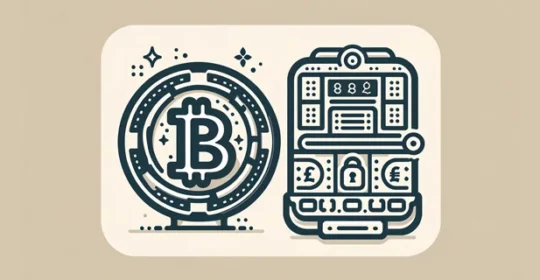Cyberattacks are becoming a serious and growing threat for tribal casinos across the United States, with recent disruptions highlighting major vulnerabilities.
One of the latest incidents occurred at Jackpot Junction Casino in Minnesota, where a cyberattack has crippled operations. More than a week later, over 1,200 slot machines remain offline, bingo games are suspended, and online hotel reservations are unavailable.
Here’s what happened, the impacts of the breach, and why tribal casinos must be protected moving forward.
Table of contents
Cyberattack shuts down jackpot junction operations
The trouble at Jackpot Junction began on March 27, when the Lower Sioux Indian Community first detected technical issues. What initially appeared minor soon escalated into a full-scale security breach.
As of April 3, critical systems remain down, including the online booking system. Whilst the hotel remains open, guests are facing inconveniences like the lack of digital room keys. Bingo events are canceled indefinitely.
As a result of the cyber attack, many players are turning to online alternatives, such as Bitcoin casinos. These platforms offer stronger security, faster transactions, and fewer interruptions, allowing players to deposit and withdraw using cryptocurrencies (e.e., Ethereum and Bitcoin) quickly and securely.
? Casino officials confirmed that an unauthorised third party accessed internal systems. Cybersecurity experts are currently investigating the breach, working to restore operations and assess the damage.
Every day the systems remain offline results in lost revenue and disrupts daily operations.
A breach with community-wide impact
A breach of this magnitude impacts more than just the gaming floor. It affects the entire community.
Jackpot Junction plays a vital role in the local economy, generating approximately £7.5 million in annual revenue.
Beyond the casino, the tribe also operates financial services through Dakota Futures Inc. and Dakota Finance Corp., and invests in construction materials. The casino’s earnings support jobs, community programs, and essential services.
A hacking group known as RansomHub has reportedly claimed responsibility for the online casino attack. This group is believed to have international ties and a history of extorting companies for ransom.
Whilst the tribe has not officially confirmed a ransom demand, the attack fits a familiar pattern: hackers infiltrate systems, disable key functions, and demand payment for restoration.
Hackers use social engineering to bypass defences
Unfortunately, this isn't an isolated incident. Tribal casinos in Michigan, Oklahoma, Washington, and Arizona have experienced similar breaches.
Many of these attacks rely on social engineering, where hackers manipulate staff into giving up access, bypassing even robust software defences. As cybersecurity experts often note, human error remains the weakest point in any system.
Security has become a top topic at tribal gaming conferences. Casino systems contain sensitive data on guests, employees, and financial operations. When this information is exposed, the consequences go far beyond technical inconvenience. It becomes a serious issue of trust and liability.
? Smaller casinos often lack the resources of large commercial properties. Budget constraints and limited access to tech professionals leave them vulnerable.
But these breaches are also shaking public confidence.
When guests see slot machines down and websites offline, they begin to question the safety of their personal data. Some are opting for online casinos like Mega Dice, which operate on more modern infrastructure and tend to offer greater reliability and uptime.
Protecting tribal casinos is a community imperative
Still, there’s no real replacement for what tribal casinos offer.
They offer far more than gambling. They're economic engines, entertainment hubs, and social gathering places. Protecting them from digital threats is not just a business issue, it’s a community imperative.
At Jackpot Junction, the investigation and repairs continue. Teams are working diligently to restore systems, but full recovery will take time.
The attack stands as a stark reminder: digital security is no longer optional.
Looking to the future
For tribal casinos everywhere, the message is simple. The threat is real, and it’s not going away anytime soon.
Preparing for these breaches has become part of everyday operations, as one gap in security can lead to serious consequences that affect more than just a simple game, as seen in the incident at Minnesota’s Jackpot Junction Casino.





